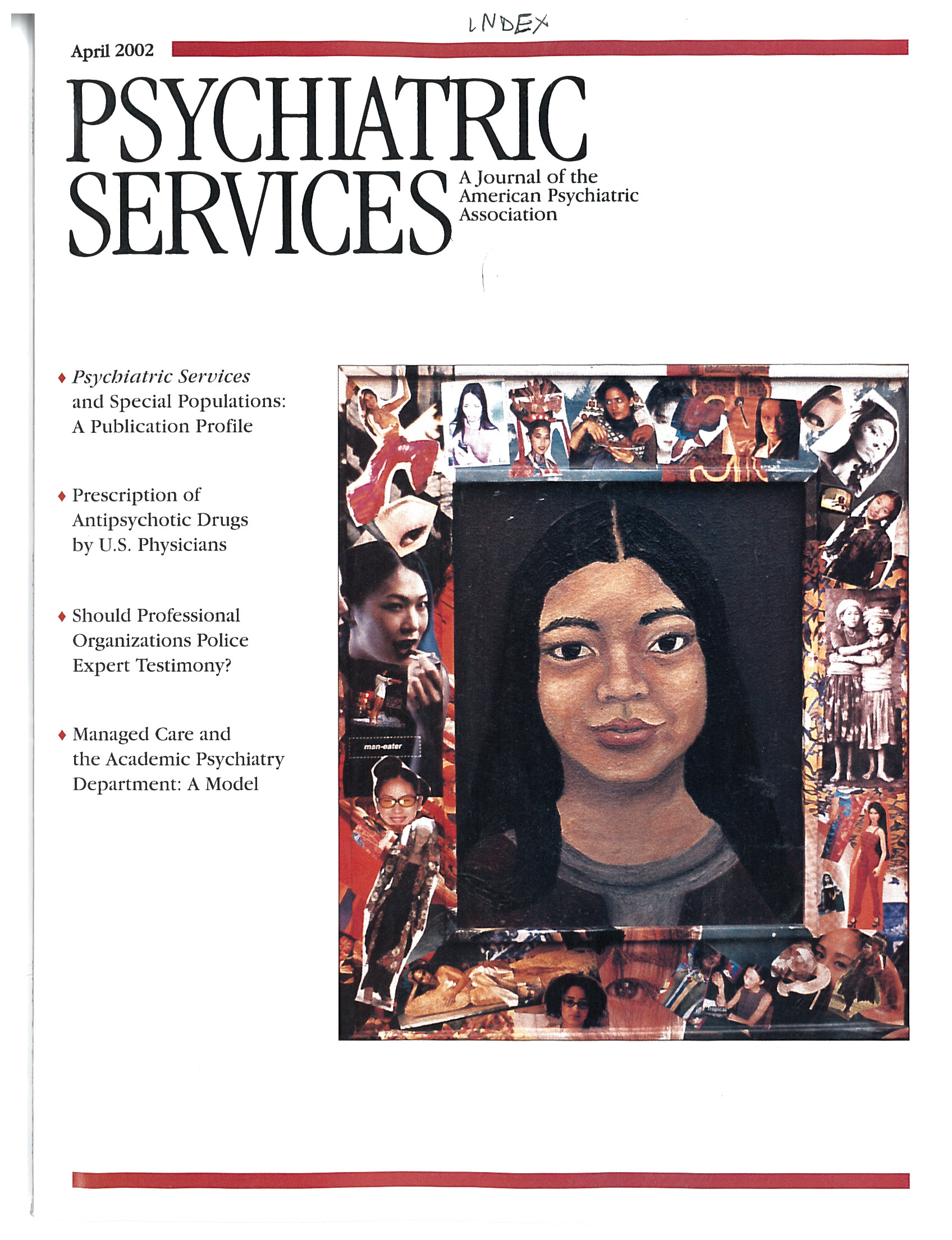To the Editor: Congratulations for the excellent feature by Jeffrey Geller and his colleagues about treatment planning for young adult chronic patients (
1). I hope you will make such case conferences a regular feature. Having observed programs for difficult-to-treat patients both here and abroad as a chief clinical officer for a state hospital as well as a surveyor for the Joint Commission on Accreditation of Healthcare Organizations and a clinician for 44 years, I would like to offer some comments and suggestions.
First, in view of the current national crisis and economic recession, we need to rid ourselves of inappropriate treatments such as "psychotherapy" and unmonitored drug treatment for persons with major mental illness in cases such as Sam's in which no clear and measurable goals and objectives have been established. Of course, all effective case management involves some personal counseling, which may be "psychotherapeutic." In public psychiatry we should also take the opportunity to rid ourselves of the many "pass-through" mental health boards—such as the "648" boards in Ohio—that provide no services themselves and eat up precious direct treatment funds for persons with severe mental illness.
Second, the various state-university collaboration projects could take the lead in establishing time-limited residential demonstration programs for young adult chronic patients, perhaps in unused dormitories of college campuses. Several years ago I observed such a program at Poirua Hospital in Wellington, New Zealand. Patients admitted to the program were between 18 and 30 years of age and were required to have a diagnosis either of schizophrenia or of borderline personality disorder. (I believe Sam was misdiagnosed as having bipolar disorder, but that's another letter!) Patients could remain in the program for up to five years. They were housed in a special area called the continuing rehabilitation unit with specially selected staff members, many of whom were students in health care fields. A "big-brother/big-sister" program seemed to be developing in relationships with these staff members. All patients were expected to participate in intensive educational and vocational activities and family counseling. Over time, trial visits home and trials of work outside the institution were an important part of the treatment plans. Patients who "failed" the program after five years were turned over to the Salvation Army in Wellington for provision of food and shelter.
Third, the advantages of such a program for patients like Sam are obvious—particularly in the exciting "Clozaril can cure" fourth revolution occurring in psychiatry. Sam could receive optimal medication trials and be monitored closely for compliance and side effects. Laboratory work would get done on time. If the unit was close to a college campus, Sam could enroll in or audit classes. Because Sam already has a guardian, there should be no legal problems in gaining his admission to such a program, even on an involuntary basis. Sam clearly lacks the capacity to refuse treatment and cannot care for himself independently.
Finally, although this is controversial and may even be considered hard hearted, much money could be recaptured for the care of the severely mentally ill population if we could do away with the current network of conventional outpatient mental health clinics that spend an inordinate amount of resources companioning the poor and the "worried well" or "quieting the casualties of our civilization"—that is, treating patients who do not have schizophrenia or other major mental illnesses. With parity just around the corner, such patients can soon be treated adequately in the private sector, protecting scarce state resources for the treatment of severe and previously intractable illnesses.
Let us grasp this opportunity to terminate the disastrous, failed experiment of deinstitutionalization and community mental health that for the past 40 years has caused suffering, homelessness, criminal incarceration, and death for so many of our most ill patients—people like Sam.

